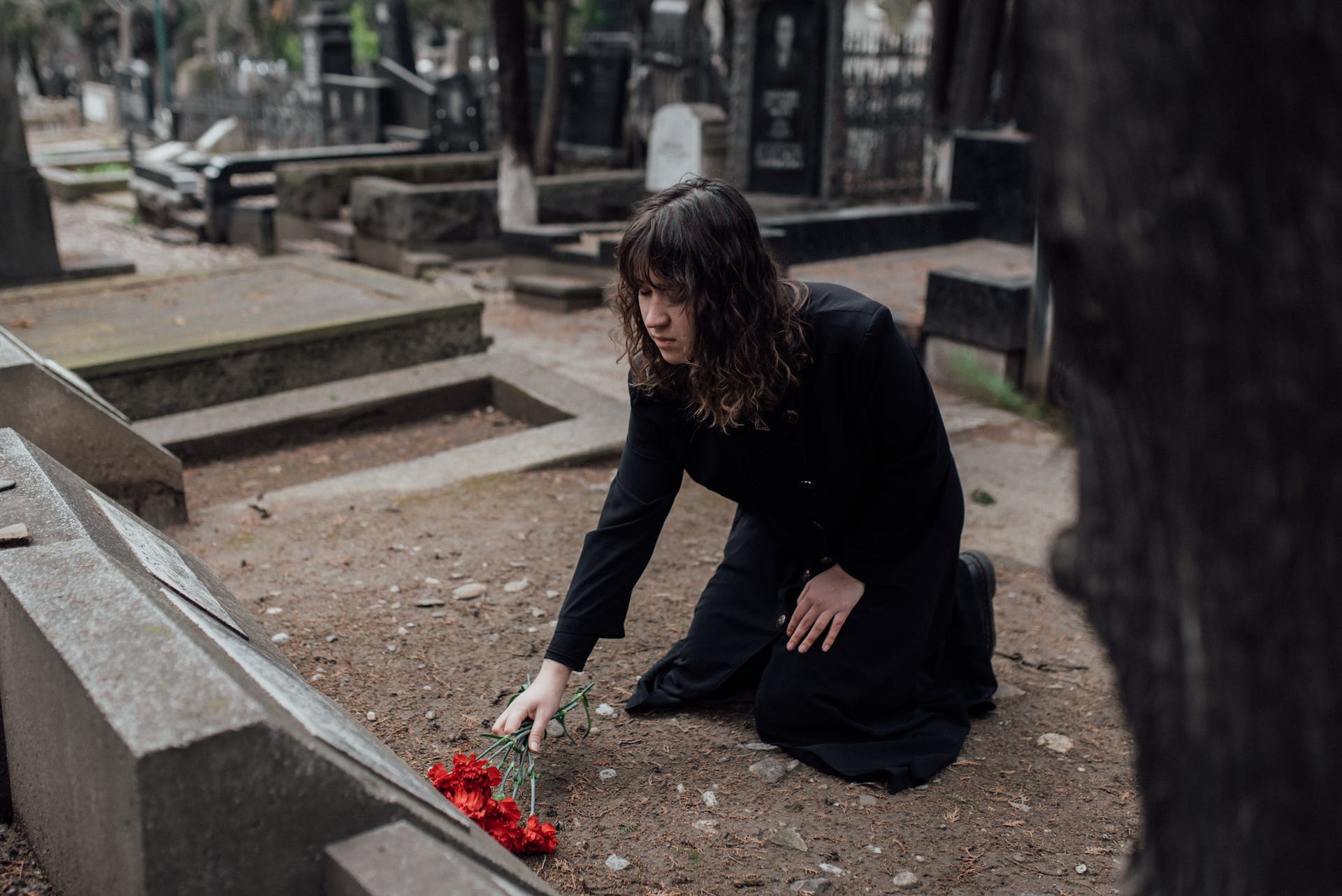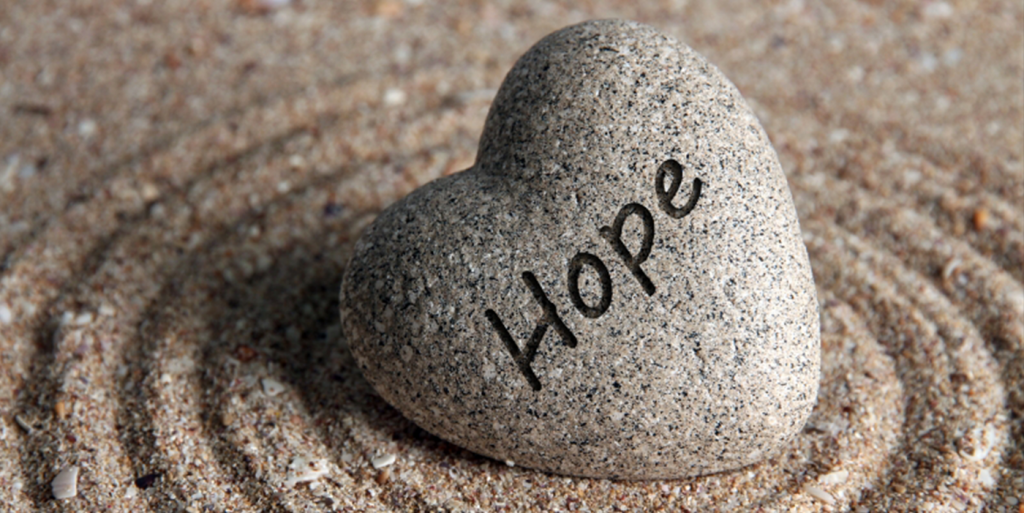
08 Feb HEALING FROM LOSS
HEALING FROM LOSS
Grief is Love, and healing from loss means that we need to learn to live without the person that we love. We need to create space for our grief, to allow for the pain, the memories, and the emotions we feel about them.
They were, after all, a big part of our lives and our sense of who we are is bound to the person who has died so that with them suddenly no longer here we feel like a part of us is missing.
We need to learn to love them differently, similar to when they were physically present but redefined now they are not. There is the same openness and depth, the same unconditional love, but the relationship is more complicated and personal as it now takes place inside our hearts and minds.

This process does take time as we slowly learn to adjust and get used to this new reality without them being there, and the way we grieve, and length of our grief, as we heal will vary significantly from person to person.
Typically, however, there are five stages of grief: denial, anger, bargaining, depression, and acceptance. These five stages, first proposed by psychiatrist Elisabeth Kübler-Ross in relation to those facing their own death but equally applicable to those who have lost a loved one, are a way to understand how people may emotionally process a significant loss.
Denial: In the initial stage, people often have difficulty accepting the reality of the loss. They may deny or minimize the impact of the situation, creating a temporary shield against overwhelming emotions. This stage helps individuals gradually absorb the shock of the loss.
Anger: As the denial fades, emotions may turn into anger. Individuals may feel frustration, resentment, or irritation, directing these emotions towards themselves, others, or even the situation itself. This stage allows for the expression of pent-up feelings and can be a part of the healing process.
Bargaining: In this stage, individuals may try to negotiate or make deals in an attempt to reverse or mitigate the loss. They may seek a sense of control by making promises or asking for a second chance. Bargaining is a way for people to cope with feelings of helplessness and vulnerability.
Depression: As the reality of the loss settles in, a deep sadness or depression may set in. This stage involves coming to terms with the magnitude of the loss and the changes it brings. Feelings of isolation, hopelessness, and despair are common, as individuals confront the new reality without their loved one or the familiar situation.
Acceptance: In the final stage, individuals begin to find a way to live with the loss. This doesn’t mean forgetting or getting over it, but rather learning to integrate the loss into their lives. Acceptance doesn’t necessarily imply happiness, but rather a recognition of the new normal and a willingness to move forward. It’s about finding a way to live a meaningful life despite the absence or change.
As above, however, it’s important to note that not everyone goes through these stages in a linear fashion, and individuals may experience them in different ways or miss out one or more stages altogether. This is perfectly normal and there is nothing wrong with you if you grieve differently to the five stages listed above.
The emotions we feel as we heal from grief can, likewise, differ between individuals. For me, there was shock, pain, despair, and guilt.
Remember, no emotion is wrong, or even negative. They are all part of the same coin. You cannot have joy without anger, or peace without fear. What is important, however, is that you do not get stuck for too long in the negative emotions. Feel them, wherever they are located in your body and mind; accept them; take a deep breath, and give yourself space.
Maybe you will feel the need to scream, hit a pillow, and vent. That is fine, as long as others are not hurt. A release of emotions in a safe space is sometimes necessary.
The Connection Between Grief and Health
It might also help to understand what grief does to your body. In Traditional Chinese Medicine (TCM) grief is held in the lungs. When we cry we take shallow breaths which puts us in fight or flight mode with the sympathetic nervous system activated.
Shallow breaths will affect all our body’s organs as they will be starved of the oxygen they need and won’t be able to expel all the CO2 from the body. Recognising this, taking deep long breaths in and exhaling all the CO2 helps to energise the body.
Emotions and physical health are connected — this is the mind-body interaction and connection. How we feel, especially if it continues for any length of time, can affect our health, and vice-versa.
Doing breathwork, therefore, is a wonderful way to help yourself breath better, which in turn will help with anxiety and depression.
Sadness, meanwhile, is held in the throat and chest according to Traditional Chinese Medicine. Whether you accept this to be correct is, of course, down to you but it certainly helped me understand why I felt like I always had a tight chest. I also still feel pain in the solar plexus, where emotions are said to be stored, and it is one of many things I still work on to release it.
I only came to breathwork six years after the death of the twins. I had heard about it before but it took me a while to actually get round to doing it. I wish I had done so sooner. There are many different varieties and I have been exploring a couple, all of which I have found to have their benefits. One that has worked very well was breathing in and out through the mouth, forcing the exhale more, allowing sighs and yawning to come naturally — even to exaggerate them, moving the belly and chest like a wave. With regular practice I found my anxiety did diminish.
Finally, give yourself permission to let it go. For me, acceptance came much later than the other stages, followed by a sense of hope and, finally, knowledge that I was going to survive this and that I would even be able to live a full and happy live after such a devastating loss.
The grieving process is painful but we all must go through it as it is built into us; it is a part of being human.
Looking back, it helped me to find meaning again after the loss of my babies, and to try and honour their memory, and wanting to help other parents who had suffered a similar loss, I decided to write my book, Precious Scars. The creation of the Precious Scars website takes this further as I continue to strive to do my best to help others who have suffered bereavement through violent crime.
You can learn more about how to navigate healing from loss effectively in the article Processing Your Grief.
Similar, if you feel that the grieving process is taking longer than it should, or you are concerned about the same with respect to a friend or family member, then the article Recognising The Signs Of Traumatic Bereavement will hopefully be of help.
KEY TAKEAWAYS
- Acknowledge that grief is a manifestation of love, and the process of healing involves learning to live without the person you love.
- Familiarise yourself with the five stages of grief — denial, anger, bargaining, depression, and acceptance. Be aware, however, that not everyone experiences these stages in the same way.
- Understand the potential connection between emotions and physical health and consider integrating practices like breathwork to alleviate anxiety and depression.
- Create a safe space for emotional release and grant yourself permission to let go of the pain and gradually move towards acceptance. • Embrace a sense of hope and the knowledge that you can survive and eventually rebuild your life after experiencing a devastating loss.



